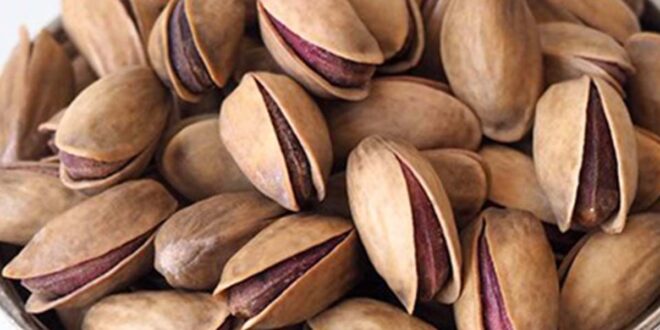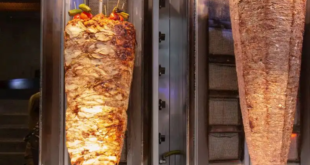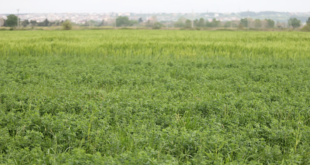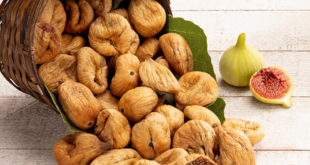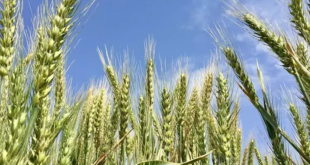Nestle Damak and TEMA Foundation (The Turkish Foundation for Combating Soil Erosion, for Reforestation and the Protection of Natural Habitats) aim to ensure sustainable agriculture in Antep Pistachio with the ‘Let Our Pistachio Be Abundant’ project they launched in 2011.
Within the scope of the project, 2 thousand farmers were trained on sustainable agricultural practices and 4 thousand 500 children were reached in 12 years. In addition, the yield of pistachios has increased 2.5 times in 12 years. Researches show that 91 per cent of the farmers who have benefited from the project since 2011 have experienced less yield declines in the so-called “have not years” (periodicity) and have been able to harvest every year. On the other hand, 61 per cent of the farmers who participated in the project in 2014 stated that they obtained crops every year.

REGENERATIVE AGRICULTURE
At the pistachio orchards in Gaziantep’s Barak Plain, which we attended with Nestle’s invitation, we received the latest information about the project from Zeynep Sungu, Marketing and Corporate Communications Director of Nestlé Turkey. Sungu said, “Although we did not feel the effects of climate change so clearly when we set out for ‘Let Our Pistachio Be Abundant’ 12 years ago, we were following the predictions and making our plans accordingly. Today, while climate change has become a serious risk for the future of food, Nestle is committed to obtaining 50 percent of its agricultural resources through regenerative agriculture by 2030. We act with all our stakeholders, including more than 500 thousand farmers and 150 thousand company suppliers.”
Deniz Ataç, Chairwoman of the Board of Directors of TEMA Foundation, noted that during their preparatory work for the project, they realised that the yield in pistachio orchards in Türkiye is very low.
“According to the research we conducted in 2012, Türkiye, which has 35 per cent of the world’s pistachio areas, ranked 2nd following Iran, which has 38 per cent. According to 2022 data, in the country’s total pistachio production, Gaziantep province met 23 per cent of the total production, while Şanlıurfa province met 45 per cent,” Ataç added…
By Özge Esen,
www.hurriyet.com.tr
 THE GLOBAL WINDOW OF TURKISH FOOD AND AGRICULTURE The Global Window of Turkish Food and Agriculture Sector
THE GLOBAL WINDOW OF TURKISH FOOD AND AGRICULTURE The Global Window of Turkish Food and Agriculture Sector


